Bradley Wiggins: I can't change the last five years
Briton speaks to BBC on TUEs, Jiffy Bag, Sutton, Brailsford and Froome
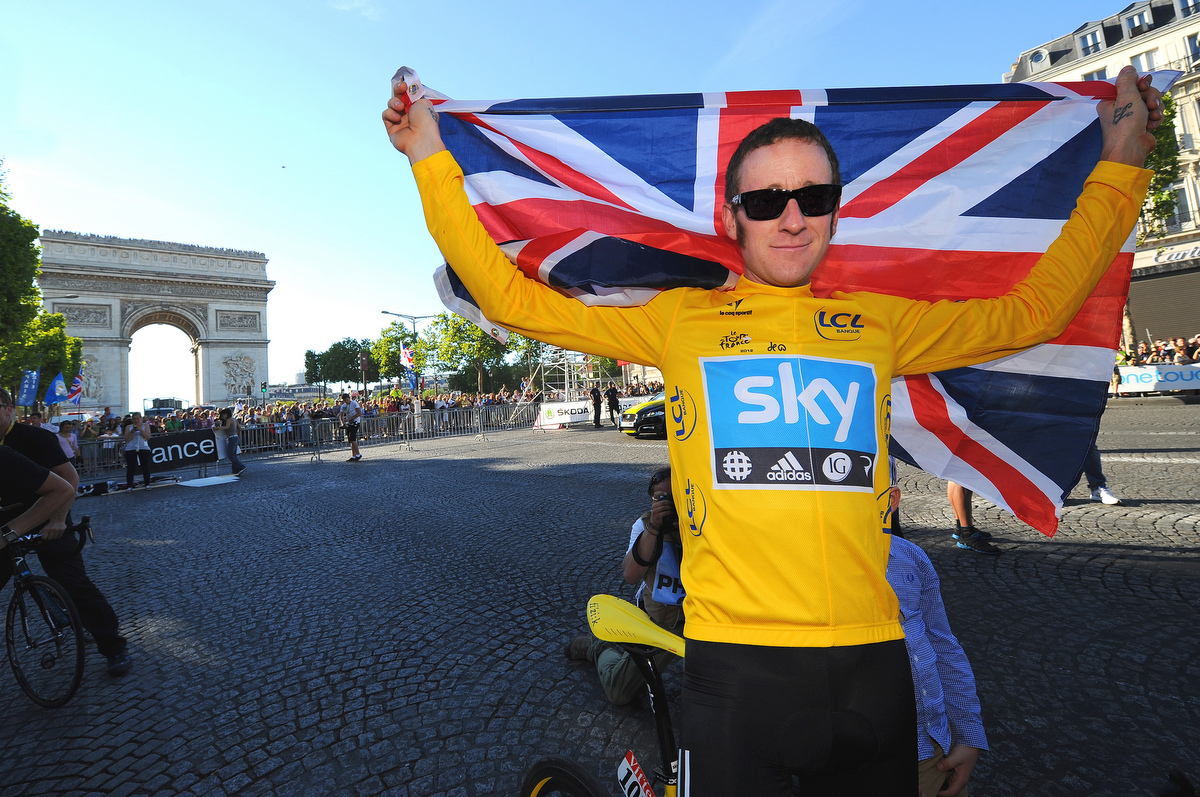
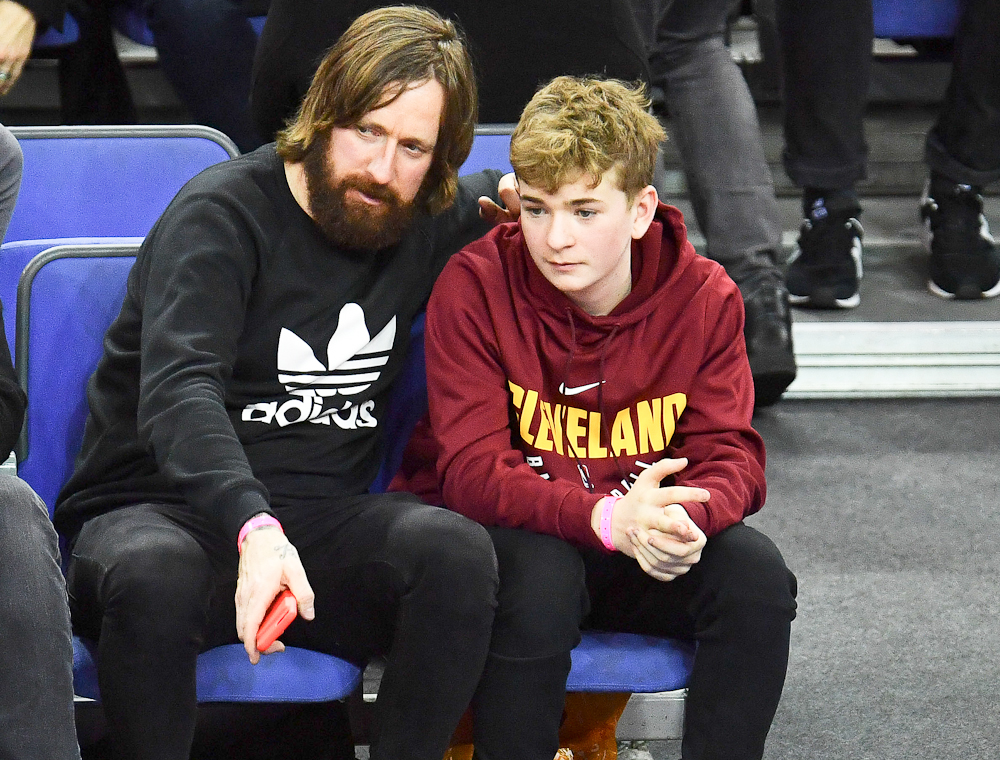
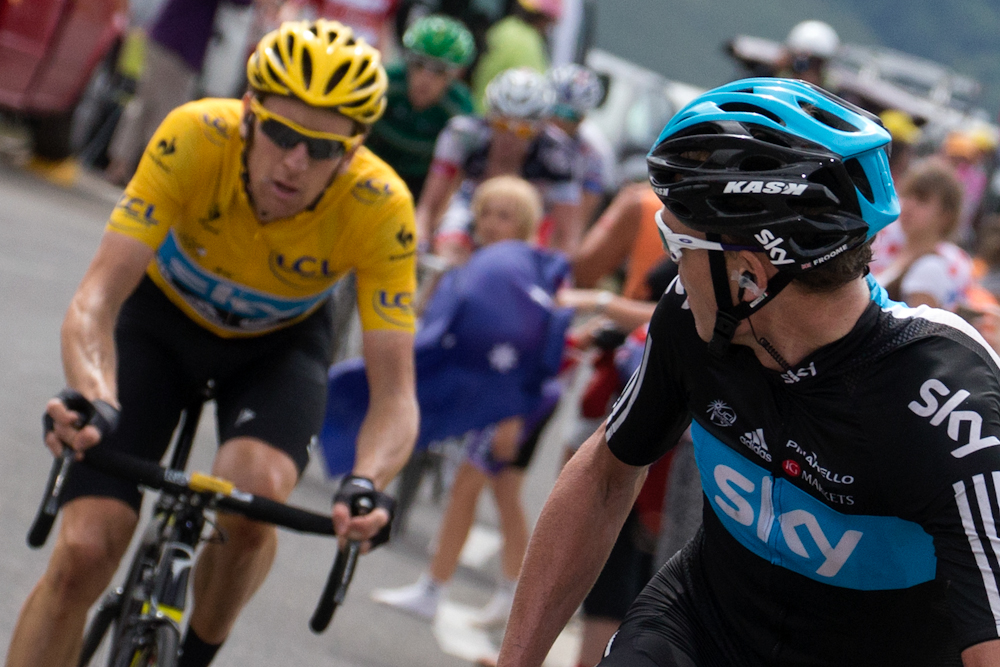
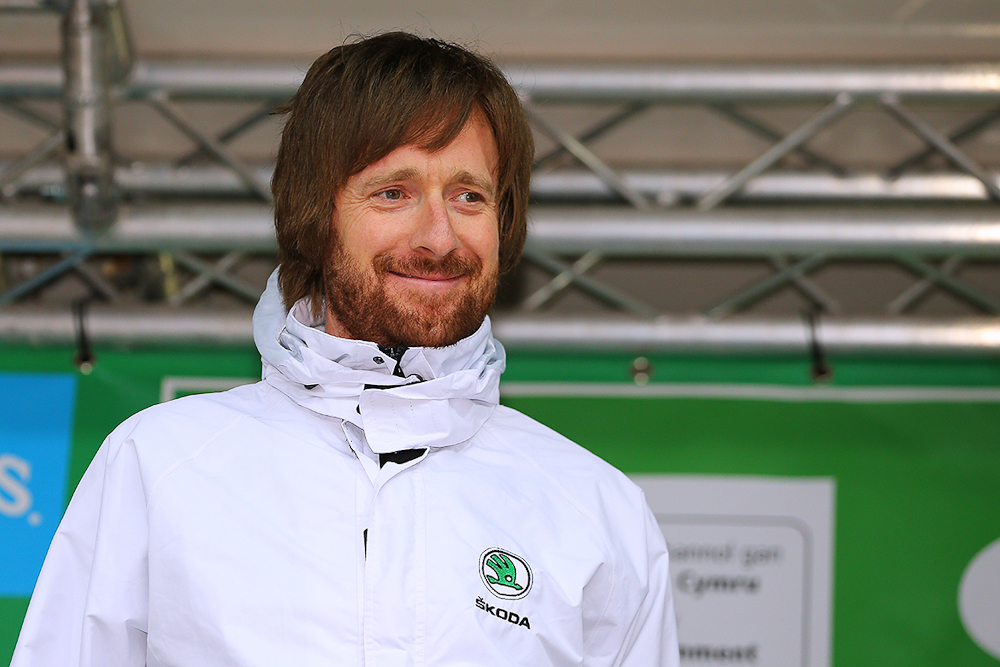
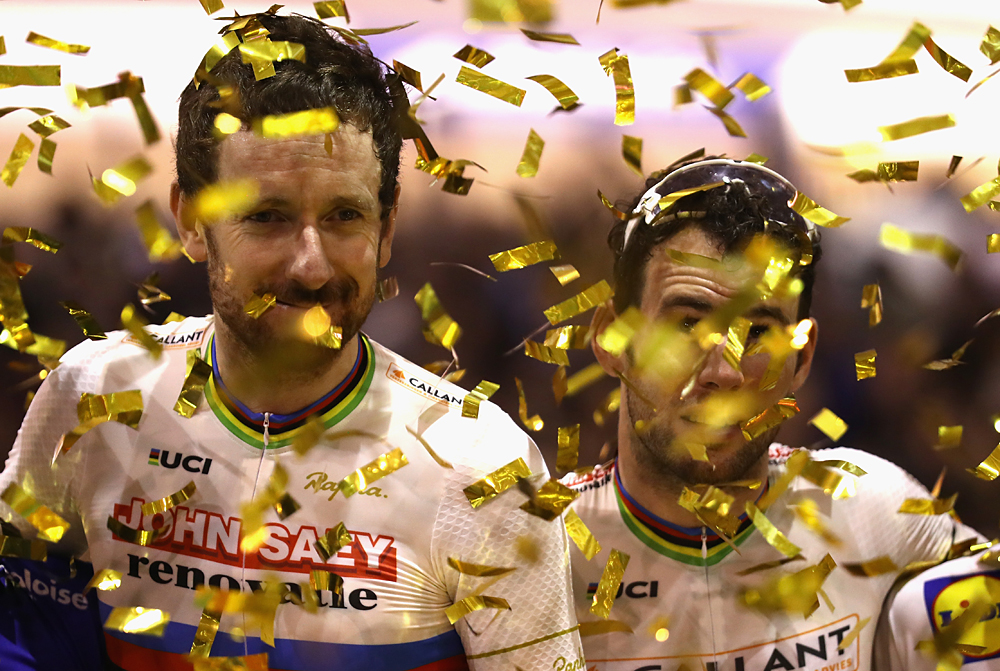
Bradley Wiggins' reaction to the indictment of Team Sky in the parliamentary select committee report into doping in British sport was swift, and in marked contrast with the ongoing silence of his former manager Dave Brailsford.
Shortly after the report's publication on Sunday night, Wiggins took to social media to refute claims that he had abused the Therapeutic Use Exemption (TUE) system en route to winning the 2012 Tour de France. On Monday afternoon, he sat down for a lengthy interview with BBC sport editor Dan Roan, recorded in time for his denial of wrongdoing to be broadcast on the 6pm news bulletin.
Wiggins insisted that he was "100% not a cheat" and colourfully complained about how the select committee had reached its damning conclusions about his use of corticosteroids: "I would have more rights if I had murdered someone in this process."
The BBC later published the full transcript of the Wiggins interview, in which the former rider was questioned in detail on the allegations against him and Team Sky in the select committee report. The interview touched upon some of the key issues facing Wiggins and Team Sky – which is simultaneously defending itself on another flank in the wake of Chris Froome's adverse analytical finding for salbutamol at last year's Tour de France.
TUEs
In September 2016, Russian hacking group Fancy Bears revealed that Wiggins had obtained TUEs for the powerful corticosteroid triamcinolone ahead of the 2011 and 2012 Tours de France and the 2013 Giro d'Italia. In its report, the parliamentary select committee maintained that Wiggins and Team Sky had abused the TUE system to enhance his performance. "The purpose of this was not to treat medical need, but to improve his power to weight ratio ahead of the race,
the report read.
Wiggins denied the allegation to the BBC, and sought to offer an explanation as to why his use of the corticosteroid coincided so precisely with his major targets of 2011, 2012 and 2013 – namely the Grand Tours.
"The grass pollen goes in seasons, and this particular strain of grass pollen I was allergic to, it was at a heightened period during June and July," Wiggins said.
Get The Leadout Newsletter
The latest race content, interviews, features, reviews and expert buying guides, direct to your inbox!
"I answered these questions before: 'Why didn't you take it in 2016?' Because I was racing indoors, I didn't have these problems. These problems flared up riding through fields and we are riding for three weeks at a time through France, it was the biggest race of the year."
In his 2012 autobiography My Time, Wiggins said that he had "never had an injection." In an interview with William Fotheringham of The Guardian in 2016, Wiggins admitted to receiving injections of triamcinolone in 2011, 2012 and 2013, but said he had never taken it out of competition. However, Wiggins acknowledged to the Select Committee that he had received a further injection of triamcinolone in June 2013. (On May 31 of that year, Wiggins had announced that he would not be able to defend his Tour title because of a knee injury.)
"I never used it in competition without a TUE," Wiggins told the BBC on Monday. "So until I had that piece of paper and that document that said I was authorised to take it, it was never took. Out of competition, I had an injection after the 2013 Giro d'Italia, when I came out with a knee problem, and I had an injection into the knee socket to solve that problem. Then, under the rules at that time, you couldn't race for two weeks, so I didn't race for two months after that until the Tour of Poland."
It is alleged in the select committee report that Wiggins received as many as nine injections of triamcinolone in a four-year period, a charge the former rider denied in the BBC interview. "Absolutely, I refute that 100%. This is malicious, this. This is someone trying to smear me," Wiggins said. "I would love to know who it is, I think it would answer a lot of questions."
Asked if he could have won the 2012 Tour without taking triamcinolone, Wiggins said: "Well, had I had an asthma attack, no, probably not. No."
Asked if he could say that he had received no performance-enhancing benefits from triamcinolone, Wiggins said, "No, I can't," but he insisted that it had not been his intention to gain an unfair advantage.
"Intention, that's the key to it," Wiggins said. "Was there a performance enhancement? You tell me there was. There may well have been, yeah, but they were the rules at the time to treat this problem. That's what I was prescribed. I can't change the last five years."
The Jiffy Bag
The initial furore surrounding Wiggins' use of corticosteroids was compounded in October 2016 when the Daily Mail reported that Sky doctor Richard Freeman had been the recipient of a mystery package delivered by Simon Cope to the final stage of the 2011 Critérium du Dauphiné. It was alleged that Freeman then administered the contents to Wiggins in possible contravention of anti-doping rules.
Sky manager Dave Brailsford told the Select Committee in December 2016 that the so-called Jiffy bag had contained the legal decongestant Fluimucil. In his BBC interview, Wiggins said that he had been treated with Fluimucil that evening but said that he had been unaware of the delivery of any package to Freeman, and did not know if the Fluimucil had been delivered by Cope that day.
"God knows, your guess was as good as mine," Wiggins said when asked what was in the Jiffy bag. "The first time I became aware of a package was when The Daily Mail contacted me in October 2016. But the way it has been reported is as if I have ordered this package and I am waiting for DHL to deliver it for me, and I have got to sign for it: 'thanks for the medical package'. I don't run the team, I don't run the logistics of the team, I was busy doing my job that I was paid to do."
Wiggins denied that he had received an injection of triamcinolone on the Team Sky bus following the final stage of the 2011 Dauphiné at La Toussuire.
"The anonymous source said it was for me, so I don't know," Wiggins said of the Jiffy bag. "I can only tell you, if it did have triamcinolone in it, it didn't go in my backside Which is what is being suggested, because it would have shown in my urine at the National Road Race."
Shane Sutton
Perhaps the most damning line in the entire select committee report came from the former Team Sky and British Cycling director Shane Sutton, who said of Wiggins' TUEs: "What Brad was doing was unethical but not against the rules." Sutton was once his closest confidant in Team Sky's management, though Wiggins said on Monday that he has not spoken with the Australian in over a year.
"That hurts me, actually. Shane knows exactly why I was taking that medication. My asthma inhalers that I had been on throughout my career, I had complained of these problems during the Dauphine, complained after the Dauphine," Wiggins said. "That really hurts me that someone like Shane would say that."
Asked if he felt Sutton was lying, Wiggins said: "I don't know what his motivation is, that's all I'll say."
Tramadol
Former Sky riders Josh Edmondson and Jonathan Tiernan-Locke both highlighted the abuse of the painkiller Tramadol as a serious issue within British Cycling, with Tiernan-Locke claiming the drug had been distributed on the bus ahead of the World Championships road race in 2012. Wiggins admitted to using Tramadol in training but claimed that accounts of its abuse were over-stated.
"No, I used Tramadol. I used it in training sometimes. It wasn't like it was described. You were allowed to use it at that time and it wasn't being dished out on the bus," Wiggins said. "The things that were going around at a certain period are just wild and way off the mark and completely out of context."
Dave Brailsford
Wiggins said that he did not believe Brailsford should resign as manager of Team Sky as a result of the select committee report, though conceded that he might have to leave the team if the allegations against him were corroborated.
"Well, I still think that what he's done for the sport, it will be a shame if he had to go when a lot of this is just, it's a report based on rumour and anonymous sources, and they've already admitted fault for those years in terms of record-keeping and stuff," Wiggins said.
"I think once things are substantiated and if proven, then maybe he should go, but until that is we can't just take this report as set in concrete."
Chris Froome
The shadow lingering over Team Sky is not limited, of course, to the findings of the select committee. The team's very existence has come under increasing threat since news broke in December of Chris Froome's positive test for salbutamol at last year's Vuelta a España. Froome remains free to race pending the resolution of the case, and Wiggins called for a fair hearing for his former teammate.
"Well, I think they're going through a process at the moment. I think they should be at least allowed to go through that process," Wiggins said. "Normally people get the opportunity to go through that without that being in the public domain.
"I don't know enough medically whether that is a natural thing that can occur in your body or not, so I think they [can] at least allow an opportunity to present their findings."
Wiggins added that he had not been personally affronted when Froome publicly questioned his use of TUEs in the wake of the Fancy Bears hack, suggesting that riders are unable to express their true thoughts in such scenarios.
"I'm always dubious of people in those positions. I sat with you in 2013 in a Sky training camp talking about Lance Armstrong, there's messages that you're being told. I'd love to talk freely as I've been able to talk today, and I think under the landscape of that time as the Tour de France winner, I don't think I really felt that I spoke my mind," Wiggins told the BBC.
"I always question what people say, especially under the current landscape in cycling because a lot of the time I think people just tell you what they think the journalist wants to hear, because they don't want the hassle."